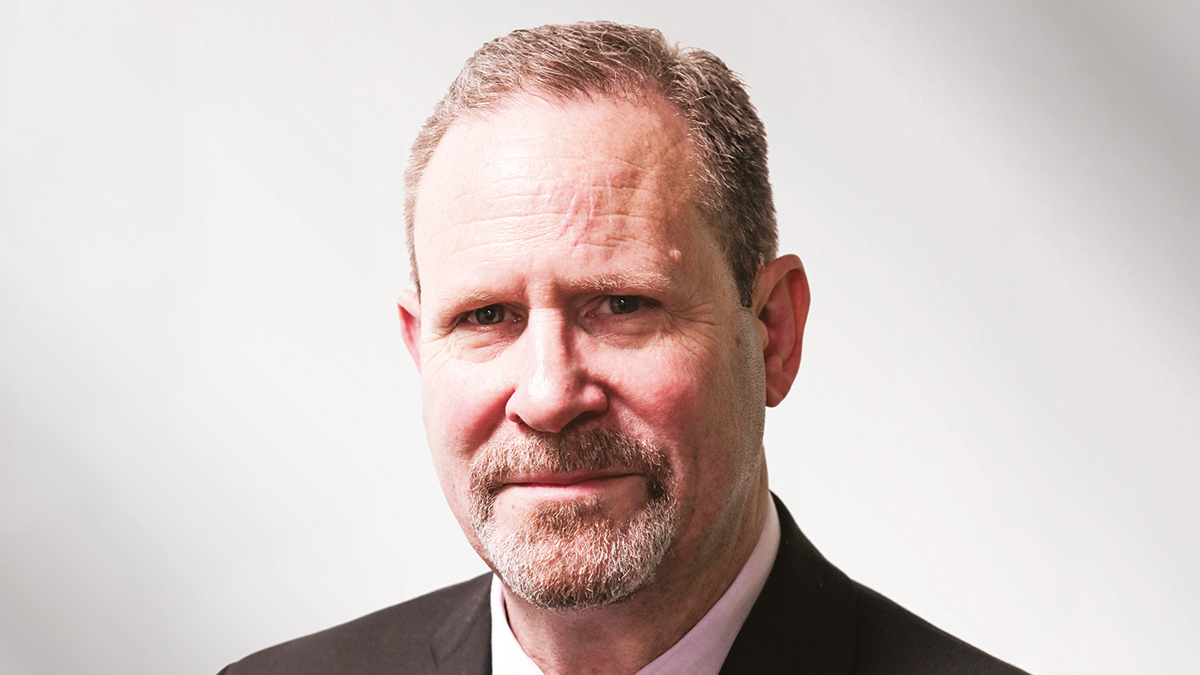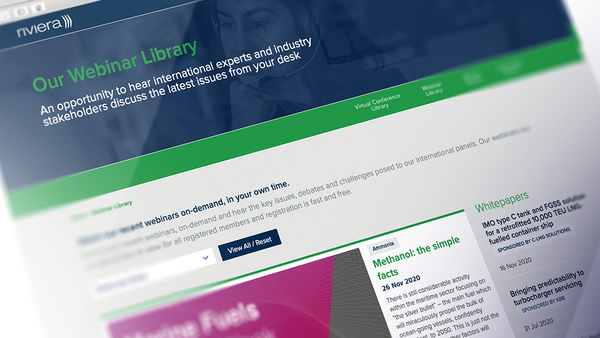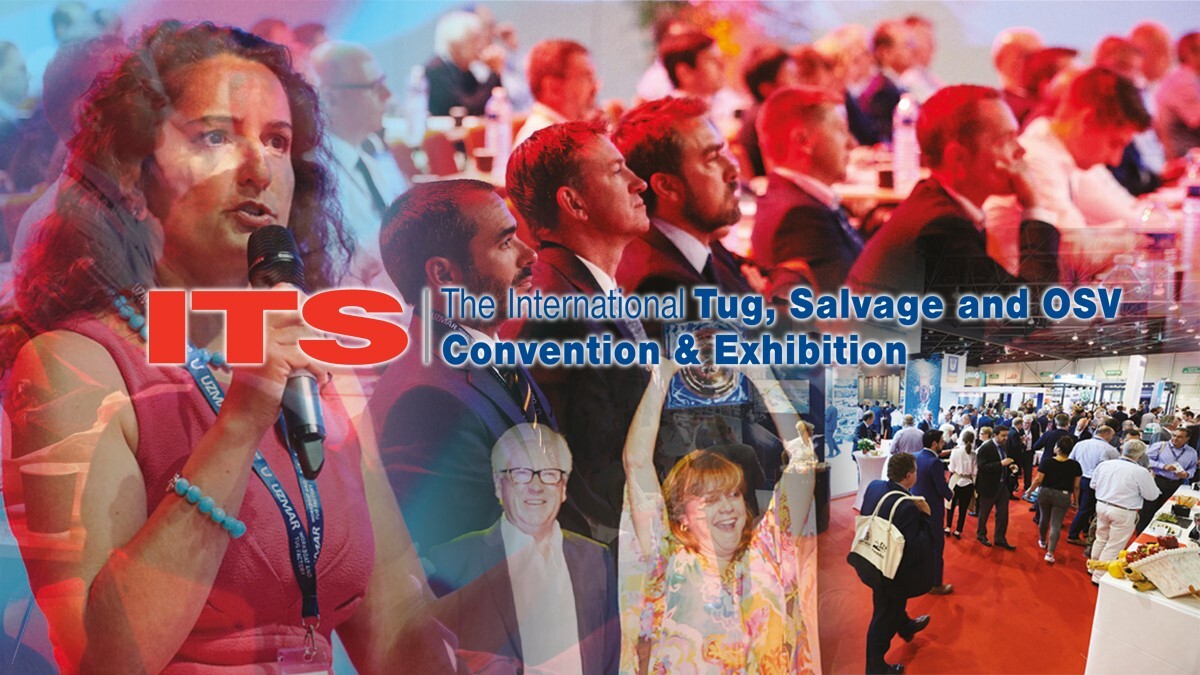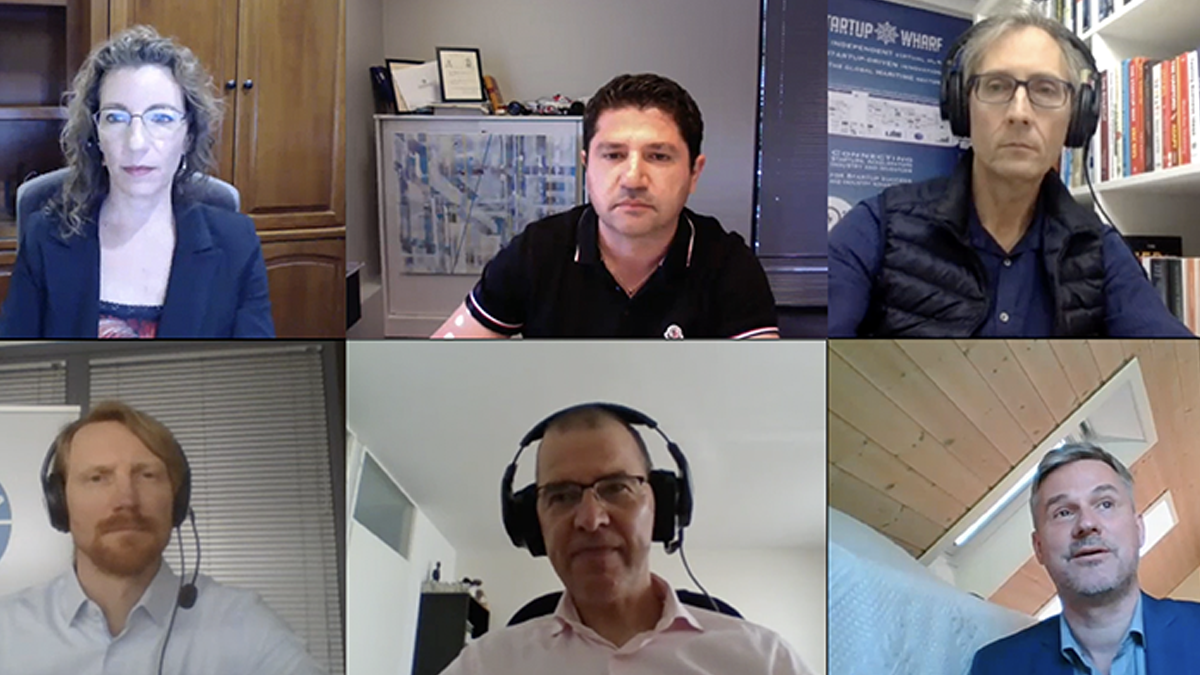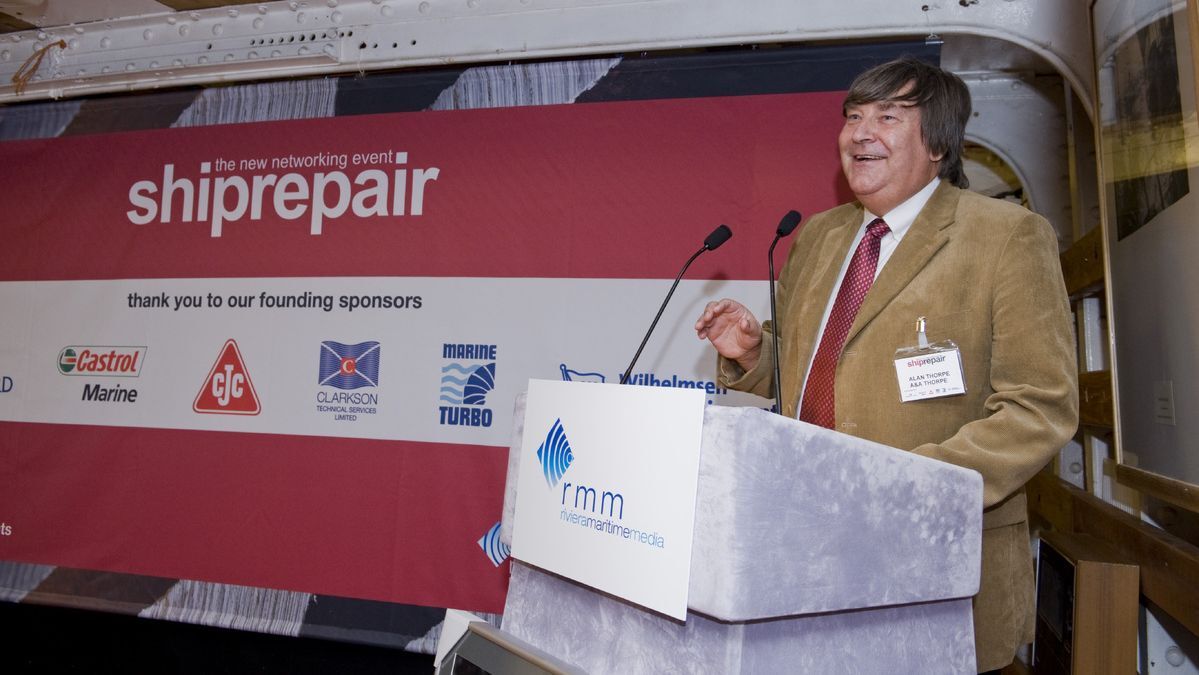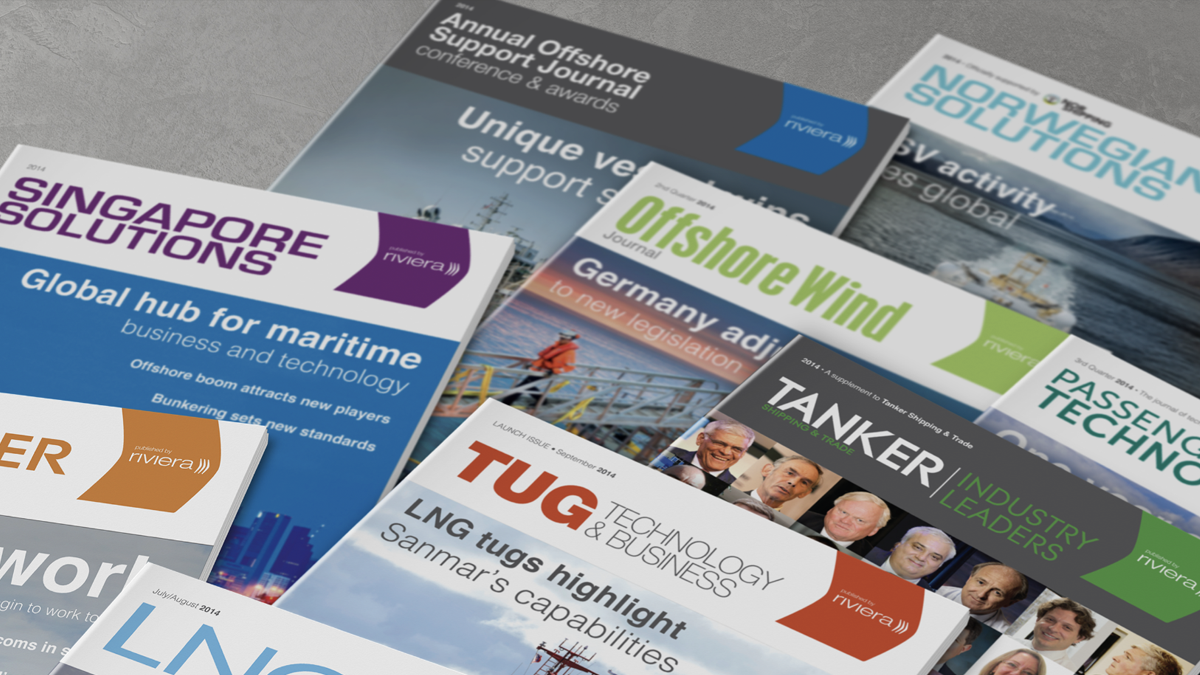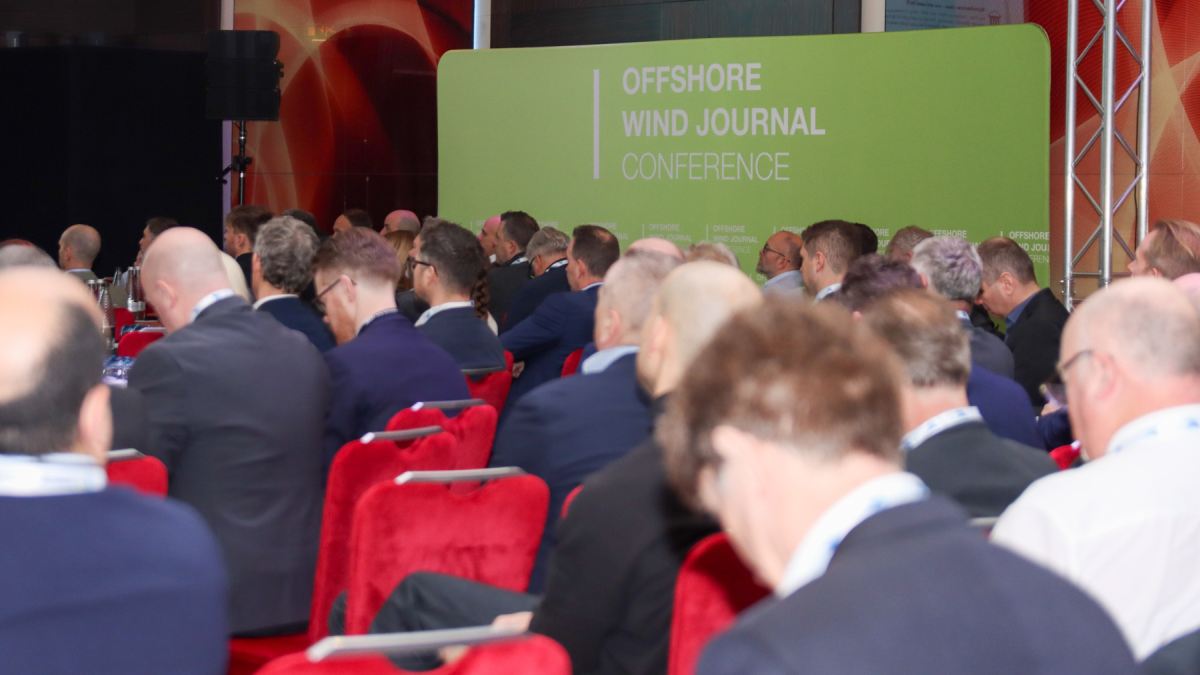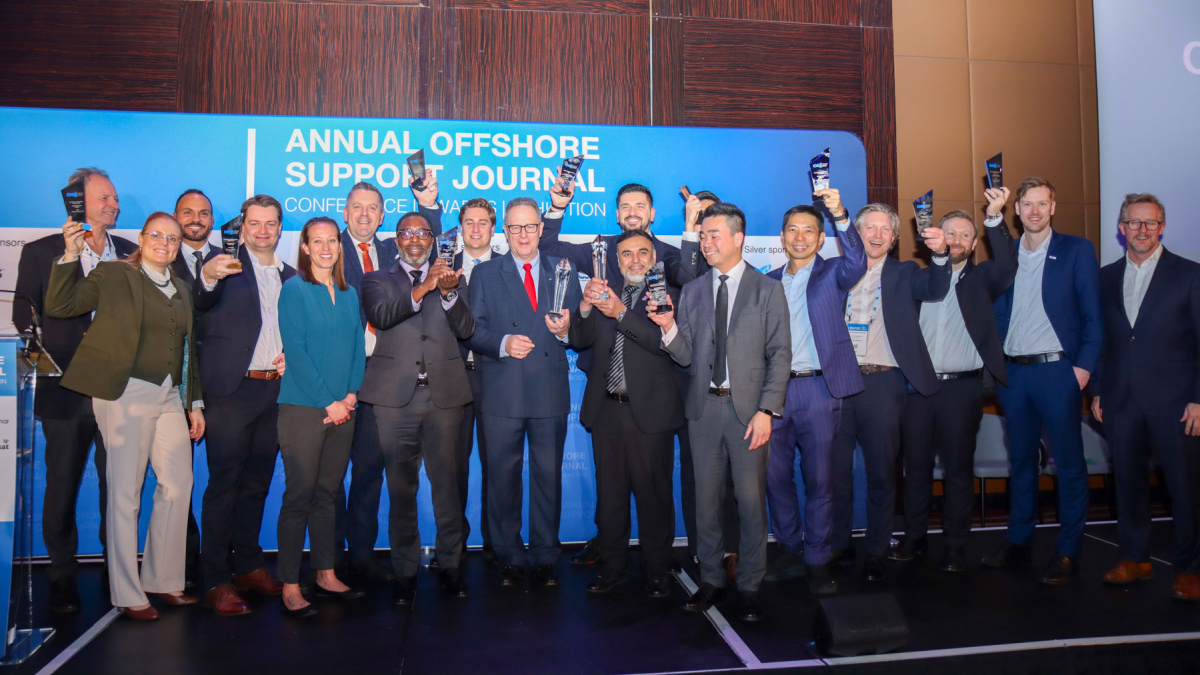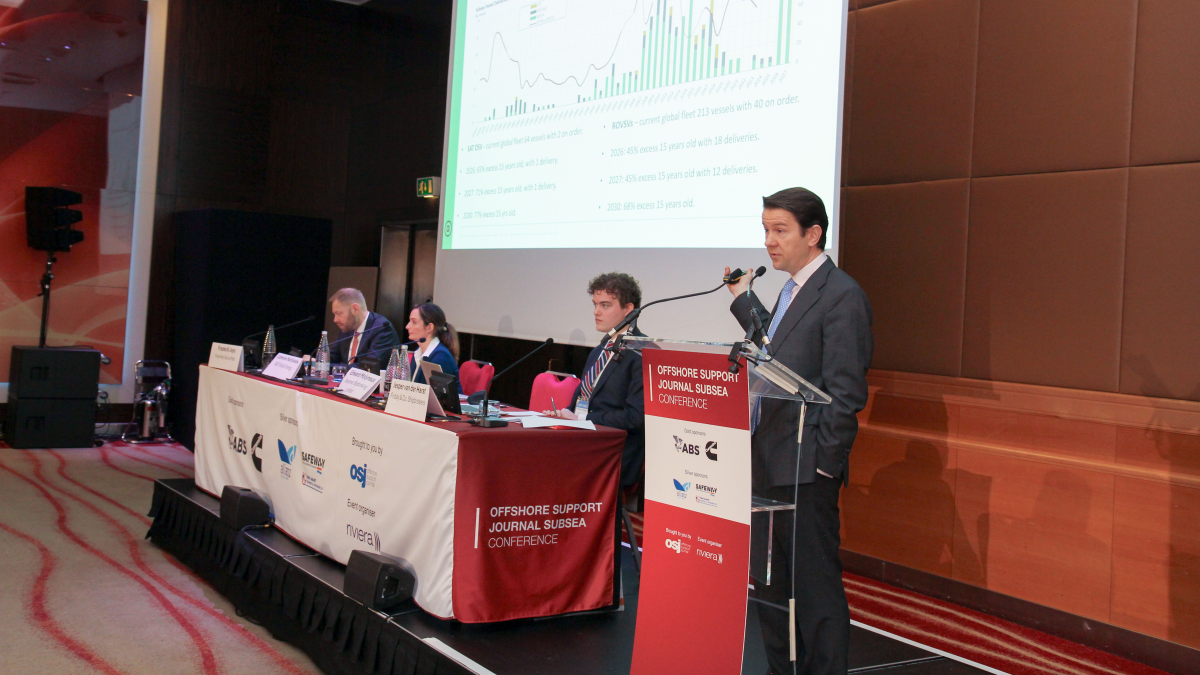Business Sectors
Events
Contents
Scalable solutions, shore power and regulation take centre stage in Bergen

October’s Maritime Hybrid, Electric & Hydrogen Fuel Cells Conference showcased the industry’s varied strategies for decarbonisation, featuring dedicated programmes on hydrogen fuel cells as well as hybrid and electric solutions.
Day One focused exclusively on hydrogen fuel cell technology. Speakers examined the current market landscape, challenges in scaling hydrogen production for maritime use, and the necessity for strong regulations to support hydrogen-powered vessels.
International case studies illustrated hydrogen technology in action, including the MS Skulebas project—the world’s first hydrogen-powered fishing vessel—and the Sea Change project, which is notable as the first hydrogen fuel cell ferry in the US.
On Days Two and Three, discussions expanded to hybrid and electric solutions. Experts highlighted advances in battery technology and alternative fuels including LNG, methanol and ammonia.
A recurring theme was the essential infrastructure needed for widespread adoption of electric and hybrid vessels in ports. Speakers emphasised shore power development and standardisation as critical components for transitioning to zero-emission shipping.
Partnerships within the supply chain was seen as key to overcoming hydrogen technology challenges. For instance, Maersk is prioritising methanol due to safety concerns surrounding ammonia and high hydrogen costs. Their pilot fuel cell projects aim for a 2026 launch but face hurdles in sourcing affordable green methanol. MSC Cruises shared insights on solid oxide fuel cells, discussing efficiency issues like thermal cycling.
Financial discussions revolved around funding mechanisms such as the EU’s Clean Hydrogen Partnership. Experts stressed the importance of dedicated maritime funding to facilitate fleet-wide transitions while addressing the "chicken-and-egg" dilemma between infrastructure development and vessel adoption.
The complexities of designing vessels for new technologies were also explored through case studies that highlighted equipment considerations and crew training needs.
Several vessel owners shared their experiences with hybrid and electric technologies, identifying long-term contracts and crew training as crucial factors for successful implementation.
Delegates praised the collaborative atmosphere that encouraged dialogue and knowledge sharing during generous networking throughout the programme.
Running concurrently was a three-day exhibition that provided a platform for companies to showcase products and services.
The evening programme included a drinks reception on Day One and a “Maritime Mingle” networking event hosted by Norwegian Electric Systems on Day Two aboard Havila Polaris. This unique setting allowed attendees to engage with ground breaking technology firsthand while networking with industry professionals.
Riviera’s Maritime Hybrid Electric & Hydrogen Fuel Cells Conference will return to Bergen 14 - 16 October 2025.
© 2024 Riviera Maritime Media Ltd.




